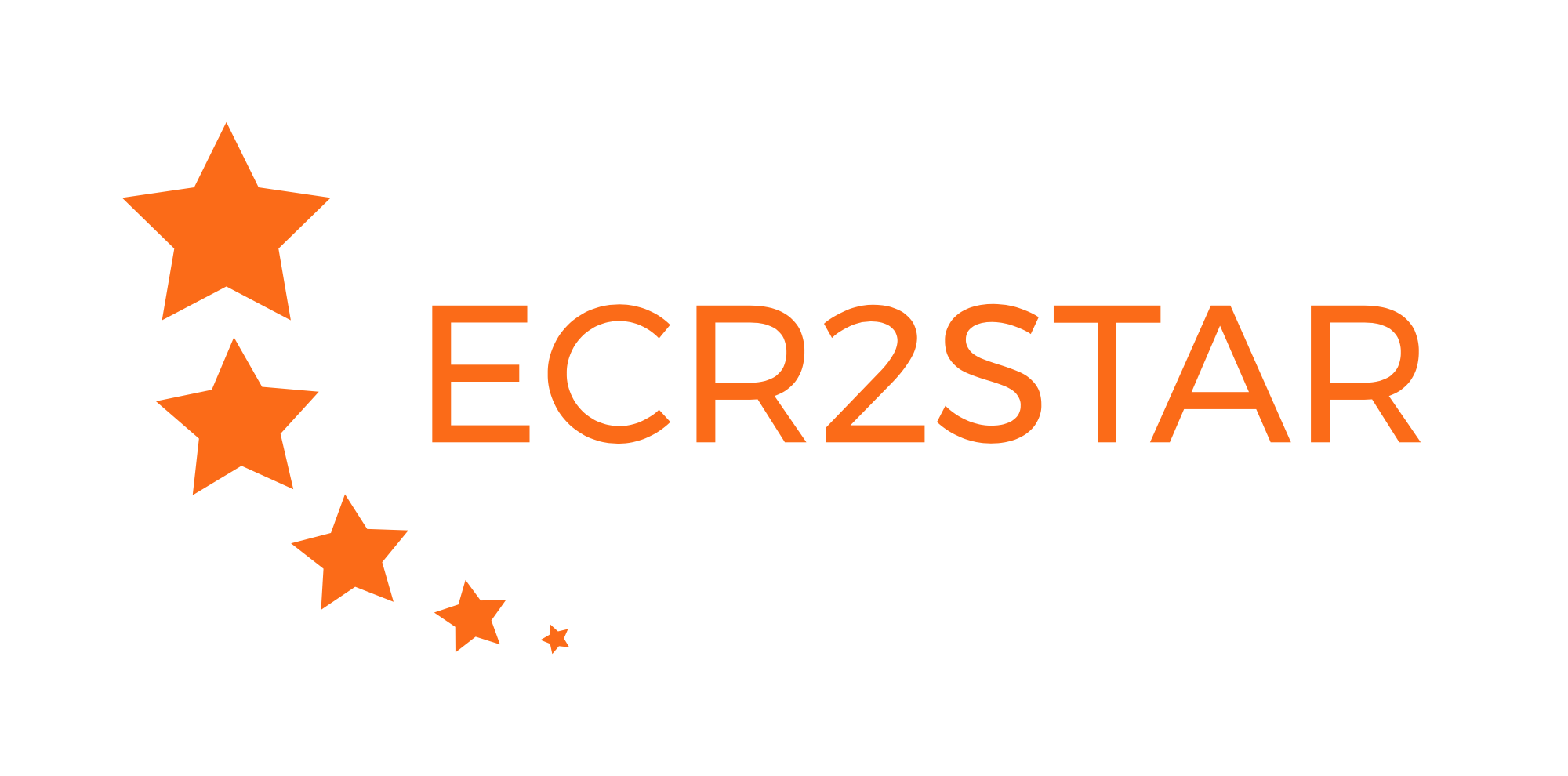The value of libraries for researchers
By Michelle Harrison
“The librarians were mysterious. It was said they could tell what book you needed just by looking at you, and they could take your voice away with a word.”
For many researchers, the word ‘Library’ conjures up visions of dusty shelves and well-meaning custodians. While you can still find shelves (in most cases), this is where reality departs from myth in your average research library today. As an ECR, you need every bit of help to get your research career underway. Through libraries you can uncover nuggets of hidden content and research know-how to give you an edge.
Gateway to the Invisible
Everyone knows that good research should be unbiased and comprehensive. Yet many are unaware that bias can creep into a project by simply not including the Invisible (or Deep) Web and offline content. You’ve probably heard of the Deep Web but do you know how to get to it? Libraries are ECR’s gateway to this material through databases and ejournals that don’t show up in Google. Librarians can also show you have to track down grey literature, non-standard files and domains that fly under the radar.
Offline (think: hard copy) content is also something libraries excel at. While print material is especially important in the social sciences, even researchers in journal-based disciplines can benefit. One good example is something called ‘Document delivery’. Research libraries are well connected and when you need something that isn’t available online or locally, they can reach out to a worldwide network of libraries to get a copy for you. Often this service is free to researchers within an institution and can save you days of negotiating or even visits to other institutions.
Research launchpad
Just as libraries know how to manage published research, they also have a keen interest in getting new research off the ground. One way is through digital repositories. Making your thesis freely available online is one great way to get started making your name in the research world. Libraries actually offer help with most stages of the research lifecycle - from choosing journals to publish in, to tracking (and increasing) your research impact. You may be aware of the trend towards citations and reuse of data. Because of this, libraries are also interested in what happens to your research data long after a project is done and dusted.
Information coaching – librarians
As with the peer review process, it makes sense to have an information expert cast an eye over your search strategy to make sure you’re on track. Often you will be confident about the ultimate destination of your project but may not be clear about the best way to get there. Librarians coach you through that journey, showing you the best routes, recommending tools and helping you if you get stuck. So how do you get this help? Many academic libraries assign a librarian to your Faculty or research institute and provide individual research appointments.
So next time you start a new project, dust off that library card and see if you can turn it to your advantage.
Michelle Harrison is a Faculty liaison librarian at the University of Sydney and has supported researchers in the Sydney Law and Medical Schools and now supports the Arts and Social Sciences Faculty. She is currently interested in research impact, cross-disciplinary research and research skill development frameworks. You can contact her via email or follow her on Twitter: @mharrison101
Read more early career hints, tips and news at www.ecr2star.org and don't forget to like us at www.facebook.com/ECR2STAR. If you wish to get involved or are interested in contributing to ECR2TAR please contact us at info@ecr2star.org.







